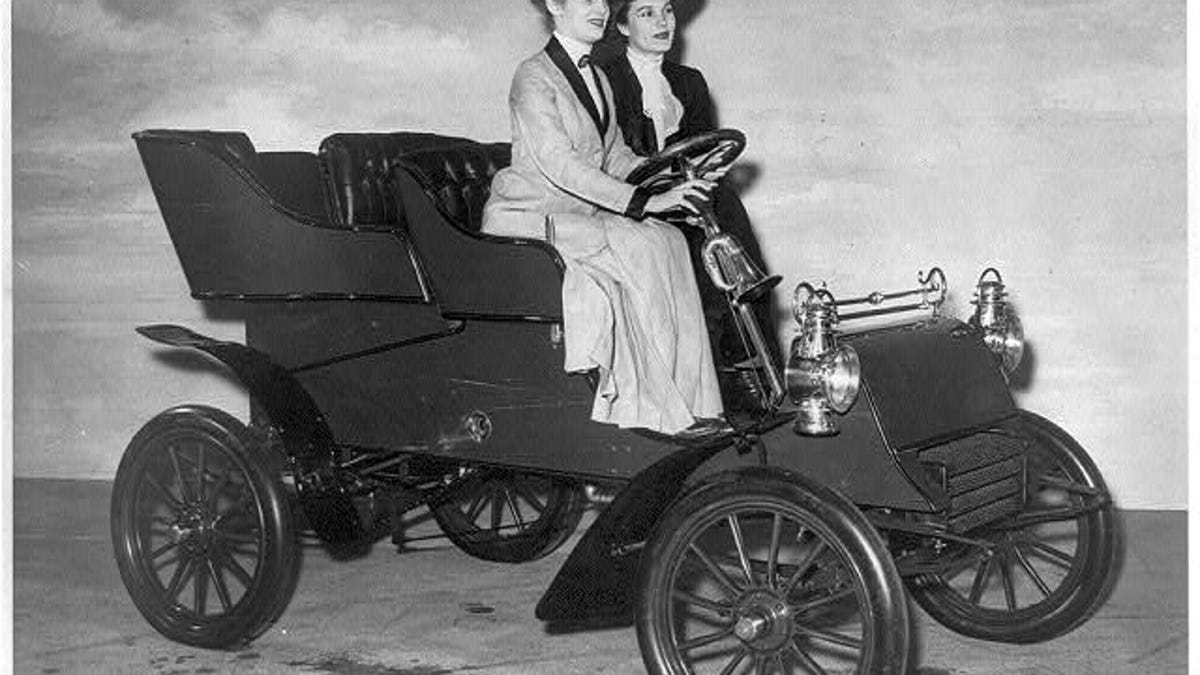110 years ago, the Model A got Ford into gear
Once upon a time, the Ford Motor Company was a startup -- and it was burning through cash like mad. Then a gent from Chicago ponied up $850, and the first Model A was sold.

The road to becoming one of the innovators of American manufacturing wasn't always smooth for Henry Ford.
Ford tried and failed many times before establishing the Ford Motor Company -- which proved to have some longevity -- and producing the Model A, which first came off the assembly line 110 years ago this week. In a coincidence of round numbers, it was also 150 years ago this July that Henry Ford was born.
Fighting a poor public perception of motor-driven carriages in the 1890s, Ford captured the public's attention by racing his cars, setting records, and engaging a skeptical public. Henry Ford didn't invent the car, nor did he invent the assembly line, but he did transform the notion of a motorized vehicle from a simple tool into an indispensable part of American culture.
The founding of the Ford Motor Company came on June 16, 1903, and production began in a rented building on Detroit's Mack Avenue. One month later, after burning through $19,000 in 25 days, Ford's cash reserves were less than $250.
But help arrived in the form of three customers who provided a cash infusion of $1,320 on July 13, 1903, keeping Ford Motor afloat. This amount included the full payment of $850 by Dr. E. Pfennig of Chicago and deposits from the two other customers. Pfennig's Model A was shipped to him on July 28, 1903, from the plant on Mack Avenue, just two days before Henry turned 40. The 1903 Ford Model A had a two-cylinder engine producing 8 horsepower and displacing 100 cubic inches, and topped out at 30 mph.
By building a network of franchises and establishing motor clubs, setting race records and devising a persistent advertising campaign, Ford had created such a culture around the car that by 1918, half of all cars sold in America were of the Model T variety, a decade after that legendary and extraordinarily versatile vehicle first went on sale.
Today, Ford Motor is a global automotive producer, manufacturing or distributing automobiles across six continents. With about 172,000 employees and 65 plants worldwide. And the global, consumer-centric vision of Henry Ford, centered on mass production leading to both high quality and low cost, helped pave the way for the industrial manufacturing expansion of the 20th century.
And nowadays, the vision is a 21st century one: "We have to change the way we think of our cars," Bill Ford, executive chairman of Ford Motor and great grandson of Henry Ford, said at the Mobile World Congress in 2012. "We tend to think of cars as independent, individual devices. Now we have to look at them the same way we look at laptops, earphones, tablets -- as pieces of a much richer network."

